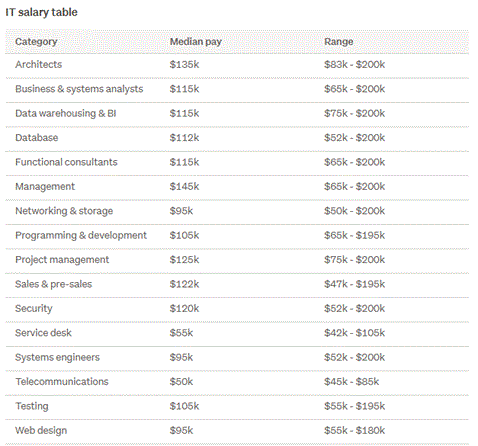英语六级考试备考阅读赏析Oil and`Water
距离2012年6月四六级考试越来越近,现在正是四六级考生复 习冲刺的黄金时期。为了助大家取得好成绩,新东方在线四 六级频道为考生网罗了四六级辅导名师,整合了各题型备考 资料,给你一站式学习体验。
[马上进入2012年6月四六级备考专题:英语四级复习备考 英语六级复习备考 免费在线模考]
Oil and Water
To understand the emulsifying process, we must first accept the scientific principle that oil and water do not naturally mix. Quite literally, they find each other's presence repulsive. A good illustration of this aversion is homemade oil and vinegar salad dressing.When you shake or beat your salad dressing, you do more than disperse the oil throughout the vinegar: you also break down the oil into droplets minute enough to remain temporarily suspended in the vinegar (which from now on we will call water, because that tart condiment is in effect mainly water). The second you stop agitating the dressing, the oil droplets start to combine into units too large to be suspended in the water, and thus slither their way upward, separating from the water in the process. The oil rises to the top and the water sinks because oil has a lower specific density than water. If you want a stable emulsion, you need an emulsifying agent which prevents the oil droplets from combining into larger units. Emulsifying agents occur naturally in many animal substances including egg yolks and milk. An emulsifying agent helps to keep the oil particles from combining in three basic ways. First, the agent coats the oil, serving as a physical barrier between the droplets. Second, it reduces the water's surface tension, which, in turn, reduces the water's ability to repulse oil. Third, the agent gives the surfaces of the oil droplets identical electrical charges; since like charges repel each other the droplets repel each other.
- 相关阅读
TOPS
- 日排行/
- 周排行/
- 原创
- 日排行/
- 周排行/
- 原创
- 1 无锡学院2022年6月英语六级准考证打印入口|时间:6月1日
- 2 2022年6月英语四级作文热门话题及范文:教育不公平
- 3 泰州学院2022年6月英语六级准考证打印入口|时间:6月1日
- 4 吉林四级考试时间2022年上半年
- 5 2022年6月英语四级作文热门话题及范文:网络游戏
- 6 宿迁学院2022年6月英语六级准考证打印入口|时间:6月1日
- 7 2022年6月英语四级作文热门话题及范文:电力短缺
- 8 苏州城市学院2022年6月英语六级准考证打印入口|时间:6月1日
- 9 2022年6月英语四级作文热门话题及范文:手机的利弊
- 10 常熟理工学院2022年6月英语六级准考证打印入口|时间:6月1日







